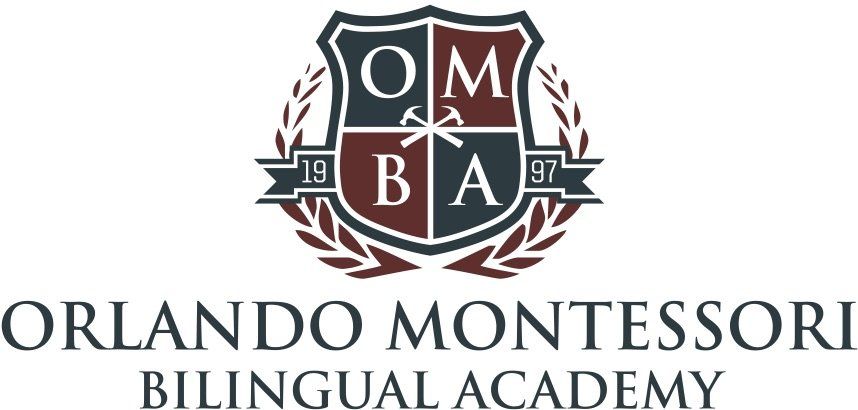Frequently Asked Questions
-
Where did Montessori come from?
Montessori (pronounced MON-tuh-SOREee) education was founded in 1907 by Dr. Maria Montessori, the first woman in Italy to become a physician. She based her educational methods on scientific observation of children’s learning processes. Guided by her discovery that children teach themselves, Dr. Montessori designed a “prepared environment” in which children could freely choose from a number of developmentally appropriate activities. Now, nearly a century after Maria Montessori’s first casa dei bambini (“children’s house”) in Rome, Montessori education is found all over the world, spanning ages from birth to adolescence.
-
How do Montessori Children Learn?
Dr. Montessori observed that children experience sensitive periods, or windows of opportunity, as they grow. As their students develop, Montessori teachers match appropriate lessons and materials to these sensitive periods when learning is most naturally absorbed and internalized.
In early childhood, Montessori students learn through sensory-motor activities, working with materials that develop their cognitive powers through direct experience: seeing, hearing, tasting, smelling, touching, and movement.
-
What is the difference between Montessori and traditional education?
Montessori emphasizes learning through all five senses. Children learn and progress at their own pace and according to their own choice of activities from many possibilities offered in their environment. The Montessori classroom places children in three year age groups forming communities in which the older children spontaneously share their knowledge with the younger ones.
-
Are Montessori children successful later in life?
Research studies show that Montessori children are well prepared for later life academically, socially, and emotionally. In addition to scoring well on standardized tests, Montessori children are ranked above average on such criteria as following directions, turning in homework on time, listening attentively, using basic skills, showing responsibility, asking provocative questions, showing enthusiasm for learning, and adapting to new situations.
-
How do multiage groups works?
Multiage groupings are a distinctive part of the Montessori Method: younger children learn from older children; older children reinforce their learning by teaching concepts they have already mastered. This arrangement also mirrors the real world, where individuals work and socialize with people of all ages and dispositions.
-
What does my child need for school?
- Backpack
- Change of clothing inside their back pack. This does not need to another uniform. We only ask that the change of clothes are in the school colors. Red or blue top and jean or khaki pants/shorts.
- Lunch box (Label all items)
-
What goes inside their lunch box?
- Cloth place mat; they will use this daily when they eat.
- Re-fillable water bottle
- Healthy lunch and snack choices (Label all items)
-
Do you heat food up?
No, we legally can not heat food up. To keep food warm, please use thermos containers. Fill up the container with hot water in the morning and seal with the lid. In the meantime, you can heat up their lunch. Once food it heated, dump the hot water out and fill the thermos up with their food. The food will be warm still by lunch time.
-
What should I never send to school for my child to eat?
- Soda
- High sugar drinks
- Candy
- Chocolate (nutella counts)
-
Where do I purchase my child’s school uniforms?
Risse Brothers School Uniforms
Address: 1401 Beulah Rd Sites 116-118, Winter Garden, FL 34787
Phone: (407) 554-2253
A link to purchase will be available this summer.
-
What forms of payment do you accept?
Payments must be made online using a checking or routing number. We do not accept credit cards, checks, or cash.
-
I will be a mess on my child’s first day of school, can I call?
First days (and week) can be very nerve wrecking and typically more scary for parents rather than children. We are all mothers here at OMBA and understand how hard it can be to trust your little ones with strangers. We promise you, they are in the best hands and most loving hearts of Central FL. We care for them all as if they were our own. We are happy to take your calls and give you feedback on your child's day.
